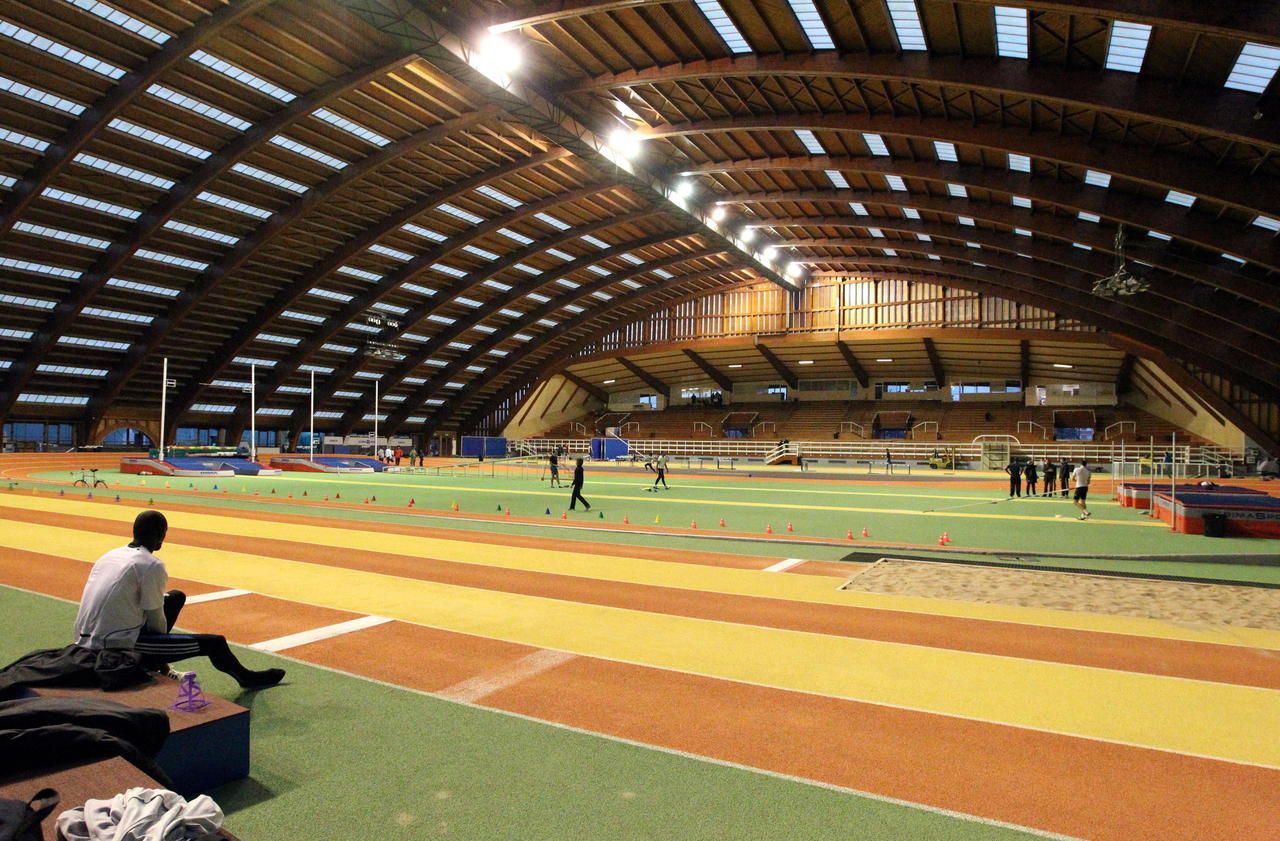The Olympic Games without relatives and without a personal trainer, daily PCR tests, an obligation to leave Japan 48 hours after the end of his competition ... For some athletes, the Tokyo Olympics (from July 23 to August 8) will be the competition of their life, the culmination of years of preparation. But nothing will turn out the way they imagined. "These are the Games in balance, until the end, the athletes will be in this uncertainty of knowing how it will happen", underlines Elise Anckaert, psychologist at Insep (National Institute of Sport, Expertise and performance). “And it is perhaps even more disturbing for athletes who know what the Olympics are, believes fencer Astrid Guyart, qualified for her third Olympics. Despite the potential stress, we must not lose the thread,because the Games are above all a moment of happiness and self-realization. "
The National Sports Agency (ANS) has started webinars (remote seminars) with coaches, aimed at bringing all topics to the table.
“Because the Covid should not be an excuse for failure, we must unfortunately approach it as additional data that we will have to deal with,” said Frank Bignet, high performance expert advisor at the ANS.
At Insep, where a large part of the sportsmen qualified for the Games are preparing, we have been working there for many months, since the Covid 19 was invited into the daily life of sportsmen.
The formation of clusters - as at the French fencing pole ten days ago - could not always be avoided, but Insep is redoubling its vigilance.
Read also Our series on Destination Tokyo 2021: in taekwondo, we flee the Covid in Corrèze
“Every morning, slots are available so that athletes can be tested, barrier gestures are regularly reminded, hydroalcoholic gel is available everywhere, explains Isabelle Dounias, Covid referent at Insep. In the canteen, meals are taken on individual tables, the living areas have been closed. "And the psychologists' unit watches over, in particular through interventions in the various poles.
"There is vigilance, a precaution so that everyone is well," says Elise Anckaert.
What tests the athlete are the things that are out of their control, and the Covid is something that you cannot control.
Despite everything, athletes tame this uncertainty, they learn to live with interruptions.
It forces them to be in the present moment, it tests the very meaning of things and the deep motivation.
What helps to keep up is the rhythm and the feeling of belonging.
It was therefore important to continue working on the link, to set deadlines.
The Games will be the culmination of a year and a half of adaptation and acceptance.
"
"Athletes have a real capacity for resilience"
The psychologist believes that top athletes have a real “capacity for resilience”. “There are phases where the energies are less important but the practice at a high level allows to rise, continues Elise Anckaert. To achieve optimal states of concentration, performance, lucidity, to face the challenges, athletes will continually seek in their resources. They also have an ability to regulate their emotions, which is constantly being worked on. "
Coaches are playing the role of conductor more than ever.
“They are the first to carry this load, both for themselves but also for the athletes they supervise.
They had to adapt, review the training loads according to the canceled competitions.
They also had to be even more vigilant because emotionally, athletes are perhaps more edgy than usual.
".
A shrink will accompany the French delegation
Fencing champion Astrid Guyart took the lead. “Because the fear, despite the vaccine, of being positive during the Tokyo Games and of being prevented from competing” is there. "There could be real human tragedies," she said. The foil operator decided to "raise awareness", "because we must not be in denial and especially not to say
we will see on the spot as it happens.
.
“Quite naturally”, she discussed health issues with her psychologist Meriem Salmi, with whom she has worked for several years.
The latter, which accompanies many athletes such as the driver Romain Grosjean, could also for the first time be officially integrated into the French delegation.
Proof that in this very unique period, the subject of psychological monitoring is more than ever taken seriously.
Read alsoFaced with the Covid, Insep also had to review its copy
Astrid Guyart is moving forward "by laying the stones one after the other". “I needed to quickly realize that my relatives will not be in Tokyo, this subject was so important that I could not ignore it. On the other hand, I did not look in full at the measures that will be imposed on us on the spot, such as the number of tests
(Editor's note: they will be daily)
, but I know that I will be ready, because I am doing this psychological work. For years. »Has she got used to the Covid? " No, I do not think so. Like the others, I keep my back round, I do with the constraints. But I don't lose sight of the fact that I'm going to the Games to perform well. It is this all-powerful goal of winning a medal that keeps us going. "









